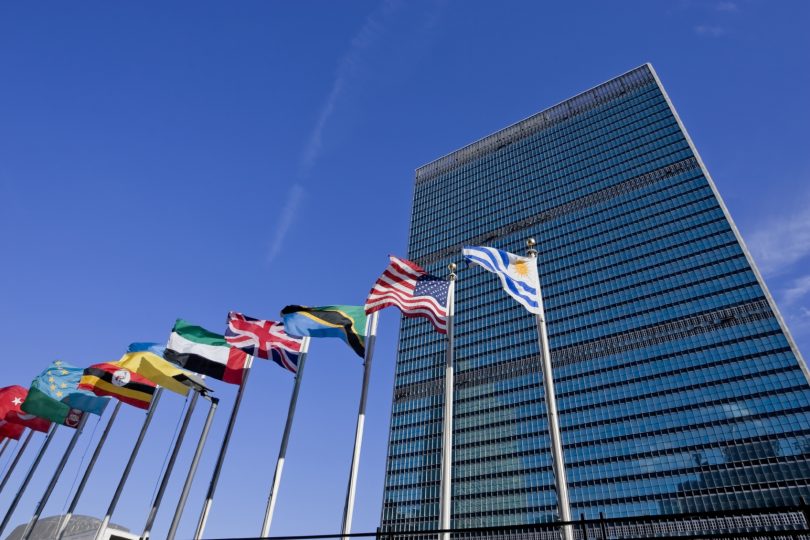
When over 2000 world leaders of government, business and academia descended on Davos last month, discussions were dominated by the global economic crisis, the deep trouble in the Eurozone, and issues of lending, jobs, income disparity and growth. But there is a deeper crisis that penetrates beneath these significant troubles of today. This is a period of crisis in globalization and in values—a very deep crisis. This is not just an economic issue, although that has been the surfaced manifestation at the present time. This is also about culture, values, connectivity, and many other dimensions.
Globalization is at the centre of today’s debates. Yet, despite much research and commentary, vital dimensions remain poorly understood. Recent decades of globalization have created a more interconnected, interdependent and complex world than ever witnessed before. While global policy has focused on facilitating integration, the implications of growing interdependence have been largely ignored. The acceleration in global integration has brought many benefits, but it also has created fragility through increased vulnerability and exposure to global shocks, such as today’s financial crisis.
The biggest challenge for politicians and policy makers is the need to balance the enormous benefits that global openness and connectivity brings, with national politics and priorities. It also is a major concern for citizens, who are torn between the benefits of imported goods and services, and their worries about local jobs, the dangers associated with illicit flows, and other implications of more open borders. These concerns are universal and effect all countries.
The benefits of global integration have been associated with unprecedented leaps in human development indicators. Technological innovation has accelerated integration both virtually, through the development of fibre optics, the internet and mobile telephony, as well as physically with vast improvements in transport and infrastructure. The spread of people, ideas, trade and the inspiring education revolution has and will continue to offer enormous potential for poverty alleviation and economic opportunity.
Yet the downside to globalization is that of increased inequality between and within countries. And the second “side-effect” is that the likelihood of increasing numbers of global shock and crises is growing, as is our vulnerability to them. Little is understood about the risks associated with large scale system interdependencies. Well beyond purely the financial arena, new systemic risks loom large in areas such as climate change, water and food insecurity, pandemics, resource scarcity, antibiotic resistance, bioterrorism, cyber security and supply chain vulnerability.
The fragility of the system as a result of these new vulnerabilities now challenges the very core of the benefits that globalization has produced and is a fundamental challenge to national governments, business leaders and global institutions. Unless we can find an appropriate balance, there is a significant risk that the failure to manage globalization will lead to a backlash of protectionism, xenophobia and nationalism. This crisis requires an extraordinarily deep level of reflection from global leaders, and society at large. To turn our backs on globalization would severely undermine economic growth, poverty reduction and global cooperation.
If the benefits of globalization are to continue to outweigh the risks that rapid integration exacerbates, understanding systemic interconnections and building multistakeholder responses are vital. Redesigning global risk governance mechanisms to take these interconnections into account and to enable cooperation is a major but necessary undertaking. The bad news is that the tidal wave of globalization has brought unprecedented and new systemic risks. The good news is that this phase of globalization has brought the means to meet the downsides, through raising levels of wealth and opportunity, and vitally increasing our collective knowledge and connectivity. The opportunities for cooperative solutions have never been greater, particularly if we are to address the major challenges of the 21st century.
Yet to harness these opportunities, we need an intellectual revolution. We need a citizens’ mobilisation, and we certainly need a fundamental leadership and institutional shift. Global leaders at Davos and beyond are right to worry about today’s significant economic woes. But we ignore the bigger crisis emerging at the core of globalization, and jump from one crisis management to the next, at our peril.
This opinion piece first appeared in The Globalist (1 Feb, 2012)
This opinion piece reflects the views of the author, and does not necessarily reflect the position of the Oxford Martin School or the University of Oxford. Any errors or omissions are those of the author.
